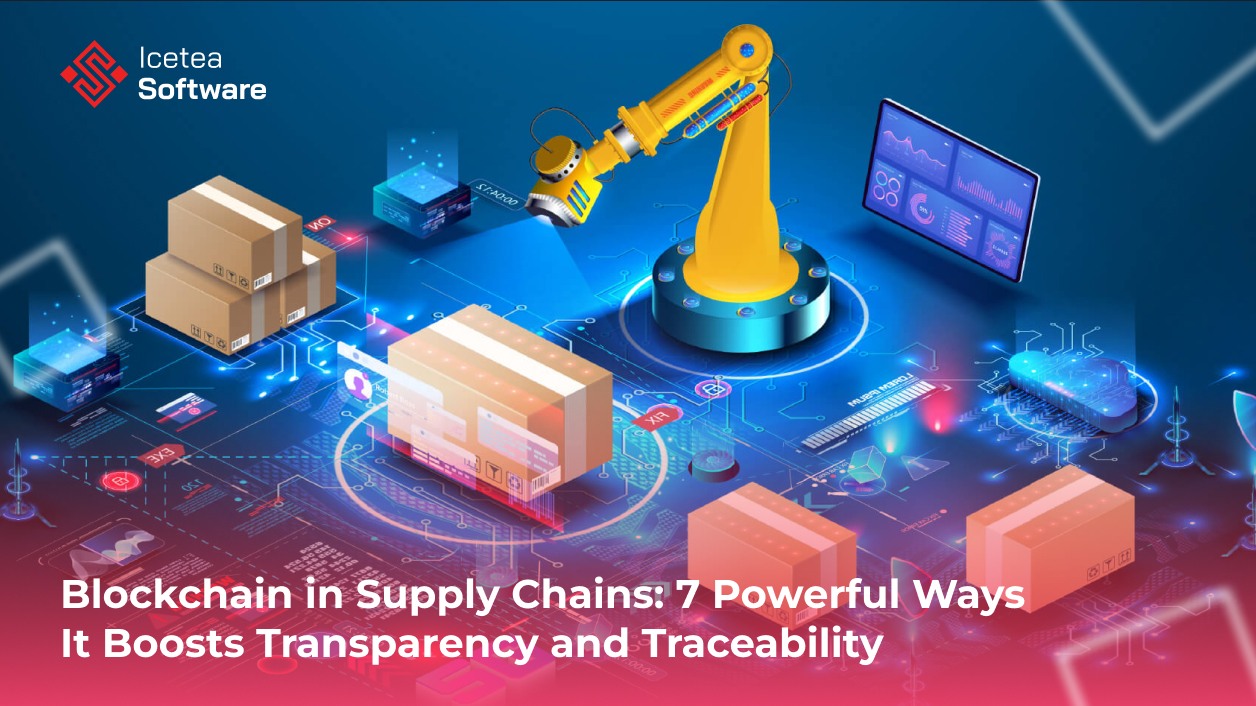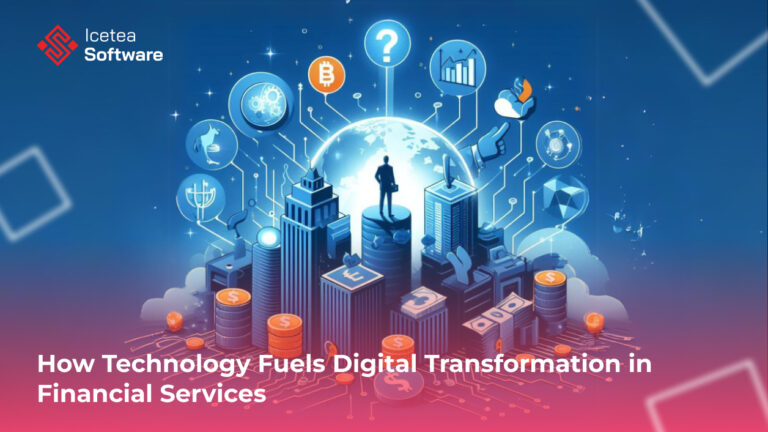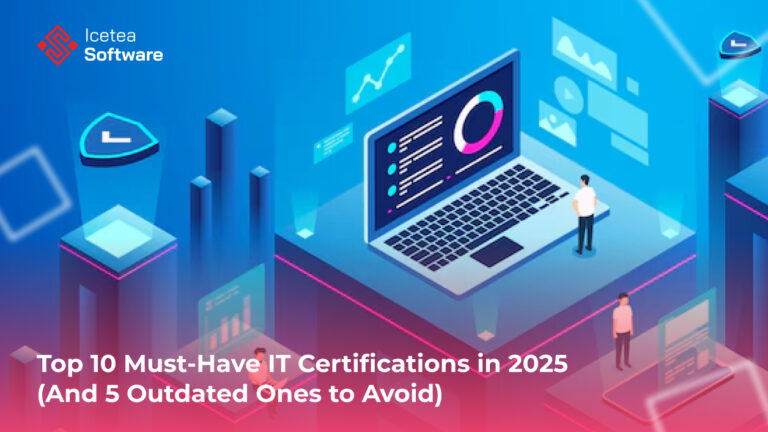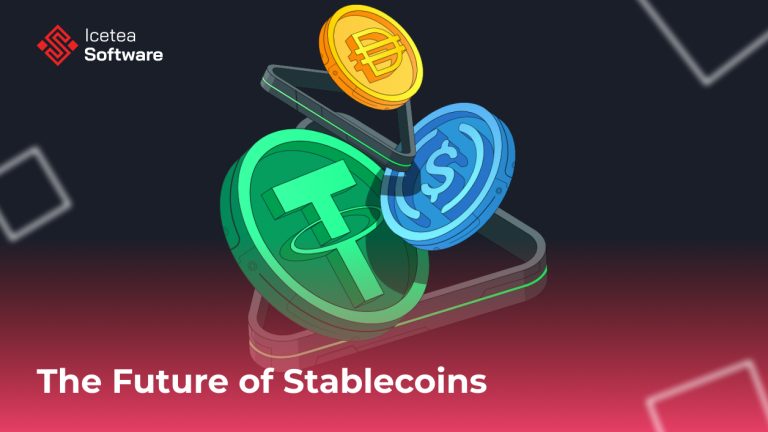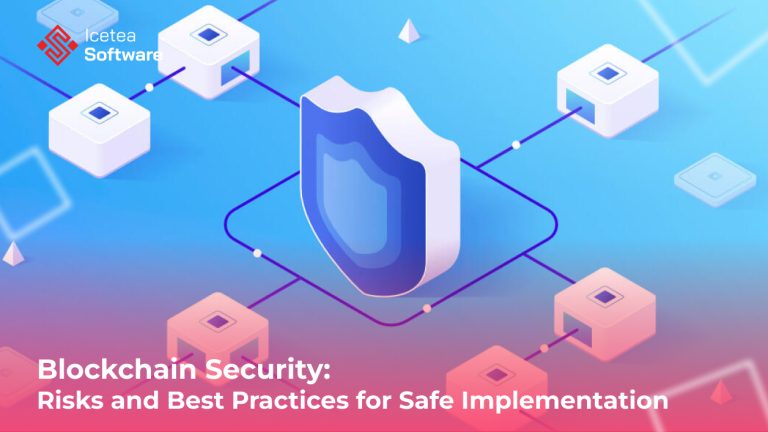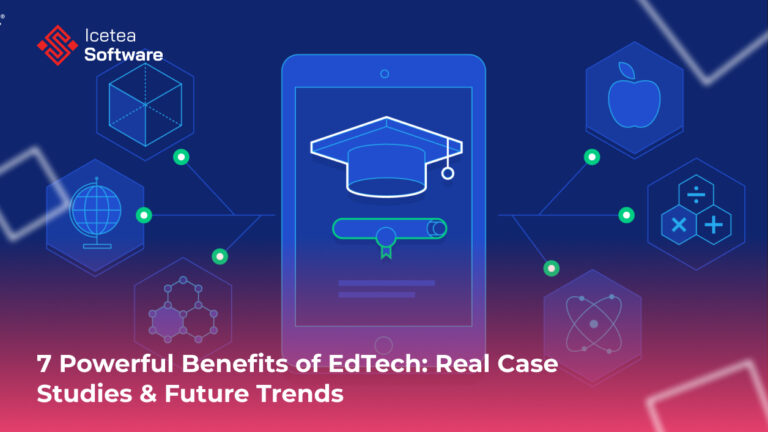Blockchain in Supply Chains: 7 Powerful Ways It Boosts Transparency and Traceability
- What Is Blockchain and Why Does It Matter in Supply Chains?
- Key Benefits of Blockchain in Supply Chain Transparency and Traceabilit
- Real-World Examples of Blockchain in Supply Chains
- Challenges to Blockchain Adoption in Supply Chains
- The Future of Blockchain in Supply Chains
- Who Should Adopt Blockchain in Supply Chains?
- Final Thoughts
What Is Blockchain and Why Does It Matter in Supply Chains?
At its core, blockchain is a decentralized digital ledger that records transactions across a network of computers. Once a transaction is recorded, it cannot be altered retroactively without changing all subsequent blocks, which makes it tamper-proof and secure.
In the context of supply chains, this immutable ledger allows multiple parties—manufacturers, suppliers, logistics providers, and retailers—to access the same, verified version of truth. This means:
- Real-time updates
- Tamper-proof records
- Verified product origins
- Reduced paperwork and delays
- Improved trust between stakeholders
The integration of blockchain technology into supply chains marks a significant shift from opaque, fragmented systems to transparent, data-driven operations.
Key Benefits of Blockchain in Supply Chain Transparency and Traceabilit
End-to-End Product Tracking
Blockchain allows every product to be tagged with a unique digital identifier, or “digital twin”, which logs its journey from origin to shelf. This enables:
- Consumers to scan a QR code and verify the product’s history.
- Businesses to detect disruptions or anomalies in real-time.
- Regulatory bodies to perform audits with greater accuracy.
For instance, in the food industry, blockchain can trace a cut of meat back to the exact farm and date of slaughter, helping isolate sources in contamination cases.
Fraud and Counterfeit Prevention
Counterfeit products cost the global economy over $500 billion annually, affecting pharmaceuticals, luxury goods, electronics, and more. Blockchain combats this by:
- Verifying authenticity at each step in the supply chain.
- Recording certifications and compliance documents.
- Using smart contracts to trigger alerts when irregularities are found.
With blockchain, a fake handbag or a tampered drug shipment can be quickly flagged and removed from circulation.
Greater Visibility for All Stakeholders
Every stakeholder in the supply chain—from producers to retailers—has access to the same data, reducing blind spots. Benefits include:
- Improved forecasting and inventory management
- Reduction in manual errors
- Faster dispute resolution
Blockchain eliminates the “he-said-she-said” of supply chain breakdowns by providing a shared single source of truth.
Smart Contracts for Automated Workflow
Smart contracts are self-executing programs that enforce rules and conditions. In supply chains, they can:
- Automatically release payments upon delivery confirmation.
- Enforce compliance protocols.
- Notify parties of delays or violations in real time.
This not only improves efficiency but also reduces human intervention and transaction costs.
Enhanced Regulatory Compliance
Industries like pharmaceuticals, aerospace, and food are subject to strict compliance regulations. Blockchain helps by:
- Providing immutable audit trails.
- Ensuring data integrity for certifications and quality checks.
- Automating compliance reporting through smart contracts.
This streamlines complex regulatory workflows and minimizes risks of non-compliance.
Sustainability and Ethical Sourcing
Modern consumers are more conscious of ethical practices and environmental impact. Blockchain supports:
- Transparency into working conditions, fair wages, and responsible sourcing.
- Proof of sustainable practices (e.g., carbon credits, organic certifications).
- Accountability in ESG (Environmental, Social, and Governance) reporting.
For example, a blockchain system can verify that coffee beans were sourced from fair-trade farms or that diamonds are conflict-free.
Crisis Management and Risk Mitigation
During supply chain disruptions—like the COVID-19 pandemic—real-time data is crucial. Blockchain enables:
- Fast tracing of affected goods and batches.
- Visibility into alternative suppliers or routes.
- Early warning systems for potential delays or contamination.
Companies can act decisively during crises, minimizing damage and maintaining consumer trust.
Real-World Examples of Blockchain in Supply Chains
IBM Food Trust
Developed in partnership with Walmart and other food giants, IBM Food Trust uses blockchain to trace produce, meat, and dairy from farm to store. It reduced traceability time from 7 days to 2.2 seconds—a game changer during food recalls.
De Beers (Tracr)
The diamond industry, long plagued by blood diamond concerns, now uses the Tracr platform to verify the journey of each stone—from mine to market—ensuring ethical sourcing and authenticity.
Provenance
This UK-based platform works with fashion and cosmetics brands to verify claims such as “vegan,” “organic,” or “locally made.” Each claim is backed by blockchain-stored proof, accessible to consumers via QR codes.
Maersk and TradeLens
Maersk and IBM’s TradeLens project brought transparency to global container shipping, reducing paperwork and customs clearance time while increasing security and reducing costs.
Challenges to Blockchain Adoption in Supply Chains
Integration with Legacy Systems
Most supply chains still rely on traditional ERP systems, spreadsheets, or fragmented databases. Integrating blockchain requires significant IT overhaul or middleware solutions.
Data Accuracy at Entry Points
Blockchain guarantees that data is immutable—not necessarily that it is accurate. If false or incomplete information is input, blockchain will faithfully store the wrong data. This highlights the need for trusted IoT sensors and verification processes.
Cost and Scalability
Building a private blockchain or using enterprise-grade solutions can be expensive. Additionally, transaction speed and scalability remain technical challenges, especially for public blockchains.
Standardization and Interoperability
There is currently a lack of standard protocols for blockchain implementation across industries. Without standardization, systems may not communicate effectively across borders or platforms.
Legal and Regulatory Uncertainty
The legal standing of blockchain records, smart contracts, and cross-border data flows is still evolving, with many countries lacking clear guidelines.
The Future of Blockchain in Supply Chains
Blockchain + IoT
Combining blockchain with IoT sensors and RFID creates a powerful data ecosystem where:
- Sensors collect real-time temperature, humidity, and location data.
- Blockchain stores and verifies this data.
- Smart contracts respond to threshold violations automatically.
Blockchain + AI
AI can analyze blockchain-stored data to:
- Predict supply chain disruptions.
- Optimize routes and inventory.
- Identify fraudulent patterns or weak links.
The synergy between blockchain’s security and AI’s intelligence will redefine operational efficiency.
Tokenization of Assets
Supply chain participants may use blockchain-based tokens to represent physical assets (e.g., goods in transit, carbon credits, warehouse capacity). This opens up new forms of financing and liquidity.
Decentralized Autonomous Supply Chains
Future supply chains may operate with minimal human intervention, governed by decentralized protocols and smart contracts that autonomously manage sourcing, procurement, and logistics.
Who Should Adopt Blockchain in Supply Chains?
Blockchain adoption is most beneficial for industries where:
- Trust, compliance, and traceability are critical
- Multiple independent stakeholders interact
- There’s a history of fraud, counterfeiting, or complexity
Examples include:
- Pharmaceuticals (tracking authenticity and temperature-sensitive drugs)
- Food and Beverage (ensuring freshness and hygiene)
- Luxury Goods (certifying origins and exclusivity)
- Logistics and Freight (streamlining documentation and routes)
- Retail and E-commerce (enhancing customer trust and delivery transparency)
Final Thoughts
Blockchain is not a silver bullet, but it is a powerful tool for building trust, transparency, and traceability into the heart of global supply chains. As businesses grapple with growing consumer expectations, ESG demands, and supply chain volatility, blockchain offers a robust and future-ready solution.
The early adopters—whether giants like Walmart or agile startups—are already reaping the benefits. As the technology matures and integration becomes simpler, blockchain is set to become the new standard in supply chain operations.
If you want a supply chain that’s not just efficient, but also ethical, resilient, and future-proof—blockchain is the way forward.
————————–
𝗜𝗰𝗲𝘁𝗲𝗮 𝗦𝗼𝗳𝘁𝘄𝗮𝗿𝗲 – Cutting Edge Technologies!
Website: iceteasoftware.com
LinkedIn: linkedin.com/company/iceteasoftware
Facebook: Icetea Software
